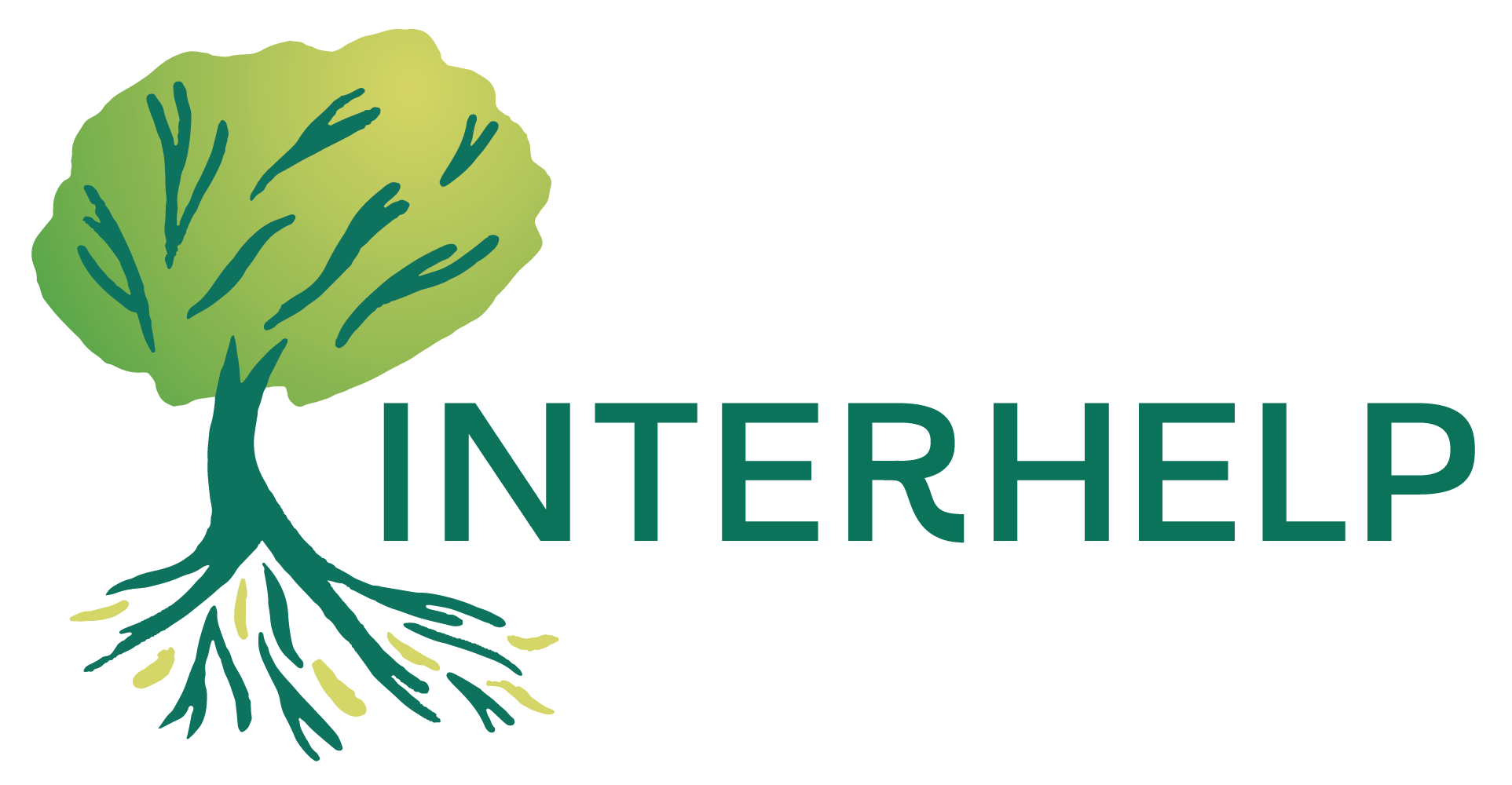What is Interhelp?
Interhelp is a 501(c)(3) nonprofit organization with the following mission:
Interhelp builds people’s capacity to face the social-ecological demands of these complex times. Through the creation of inclusive, liberatory, and transformative group experiences evolving from the Work That Reconnects, we aim to shift overwhelm and despair into creative engagement, so that individuals and communities may act skillfully, wisely, and courageously.
Interhelp maintains an online newsletter which is a place to receive news and information about upcoming events. Sign up for our online newsletter here.

Some of our current program offerings include:
- Seasonal 90-120 minute online workshops as a regular opportunity to connect and experience the Work That Reconnects
- Ongoing ritual grief space
- Pop-up sharing circles to build connection and support
- Deeper dives into the Evolving Edge of the Work That Reconnects which explores different facets of collective liberation and anti-oppression facilitation approaches
Check the events calendar for upcoming opportunities. Check out our past programs here.
Background and Context
Interhelp was formed in 1980 by a group of activists who found that the despair and empowerment work developed by Fran Peavey, Chellis Glendinning, Joanna Macy and many others helped them confront their feelings about the threat of nuclear war and turn those feelings into positive action. The heart of the work is a series of carefully thought-out individual and group exercises in which people explore their feelings about what is happening in the world and find new ways to respond. The results, for many people, are bolstered inner resources and a deep network of mutual caring and support.
At the height of the Cold War, when the threat of nuclear annihilation was immediate, most people found it hard to even think about the nuclear arms race, let alone take action. Today, accelerating climate change has joined the nuclear issue in threatening to annihilate much of life on Earth. Many of us find it difficult and painful to think about these problems. Interhelp is dedicated to providing us with some tools and opportunities to face the mess we’re in and be part of the transformation we need, the Great Turning.
Read more about the early history of Interhelp.
This group and individual work, now called the Work that Reconnects, explores the deep connections among all life forms. It shows how understanding the root causes of and interconnections among ecological devastation, war, militarism, and injustice can help us play a more powerful role in transforming our world.
